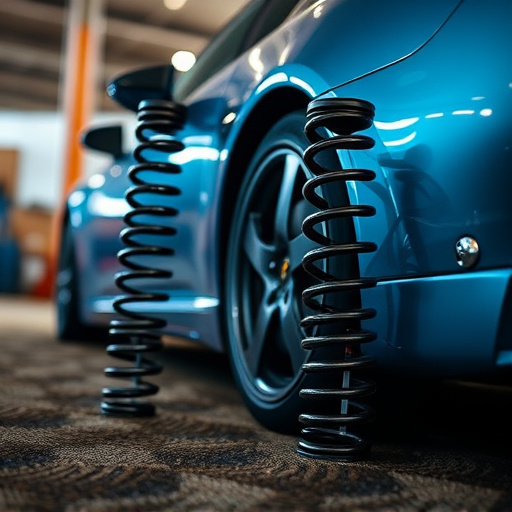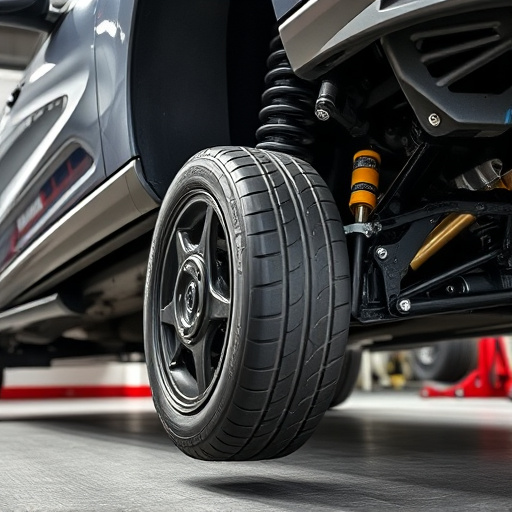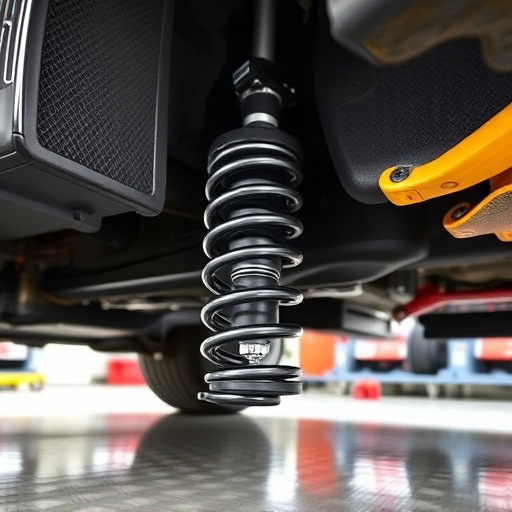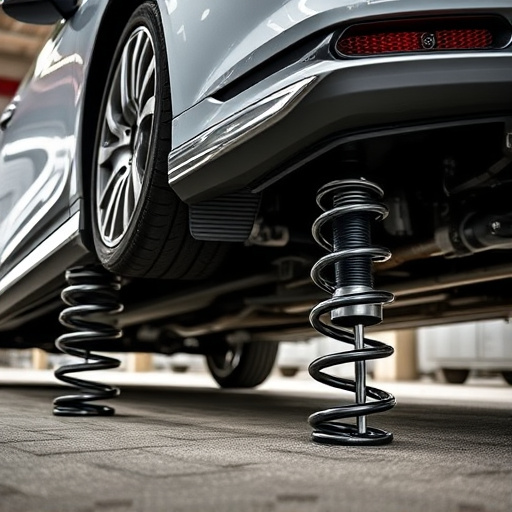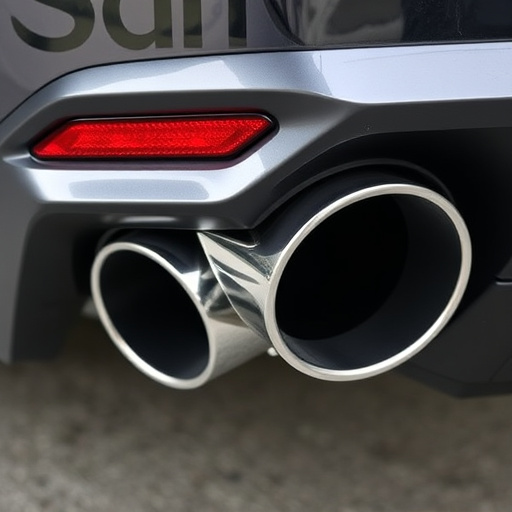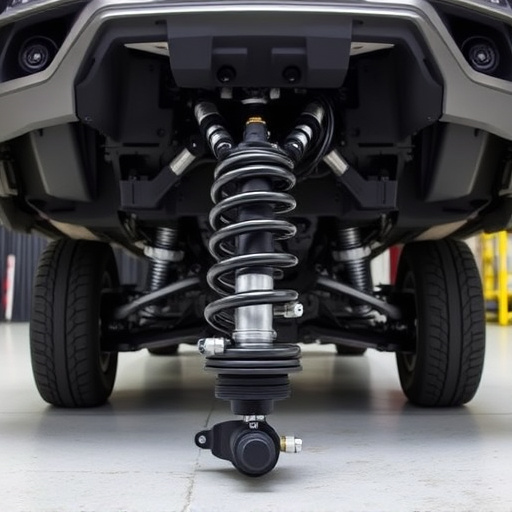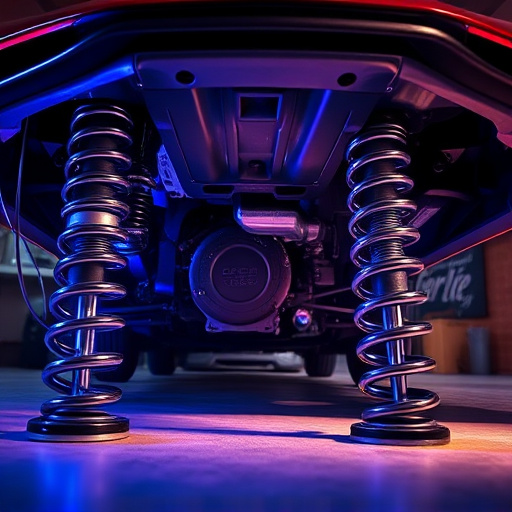Engine tuning is a strategic process that optimizes various components in a vehicle's engine to maximize performance while maintaining fuel efficiency. Through adjustments to air intake, exhaust systems, and even brake modifications for cooling, tuners achieve a balance between powerful acceleration and reduced fuel consumption. This art requires precision to meet the demands of both performance enthusiasts and environmentally conscious drivers, ensuring modern vehicles deliver top-tier speed and improved mileage.
Engine tuning is a delicate art that optimizes vehicle performance, balancing power output with fuel efficiency. This article delves into the intricacies of how fine-tuning an engine’s settings can lead to both improved acceleration and enhanced mileage. We explore the impact of various adjustments, from fuel injection to timing, on overall vehicle performance. Discover strategies for achieving optimal engine tuning in modern vehicles, ensuring a powerful yet economical driving experience.
- Understanding Engine Tuning and Its Impact on Performance
- Balancing Power and Fuel Efficiency: The Art of Optimization
- Strategies for Achieving Optimal Engine Tuning in Modern Vehicles
Understanding Engine Tuning and Its Impact on Performance
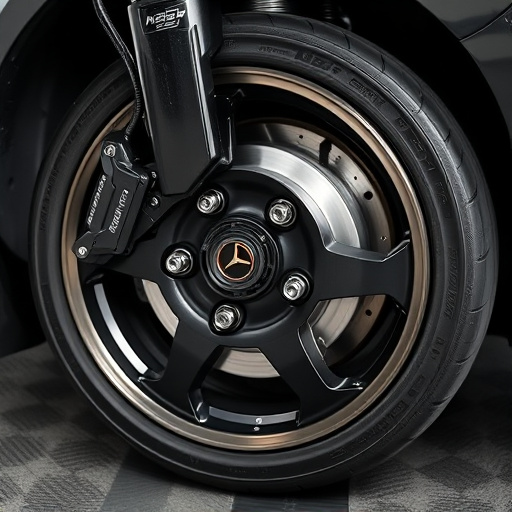
Engine tuning is a meticulous art that involves fine-tuning various components within an engine to optimize its performance. It’s not just about boosting power; it’s about achieving a delicate balance between raw force and fuel efficiency. Every part, from the air intake systems to exhaust tips, plays a crucial role in this equation.
When done right, engine tuning can transform a vehicle’s overall driving experience. It enhances acceleration, improves throttle response, and increases horsepower. However, it also directly influences fuel consumption. By carefully adjusting timing, compression ratios, and even modifying brake rotors for better cooling, tuners strive to strike a harmonious chord where power meets efficiency, ensuring both performance enthusiasts and eco-conscious drivers can find their ideal balance.
Balancing Power and Fuel Efficiency: The Art of Optimization
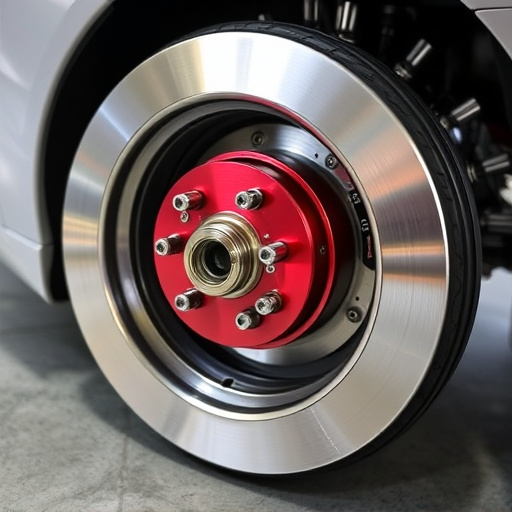
In the pursuit of optimal vehicle performance, the relationship between power and fuel efficiency is a delicate dance. Engine tuning plays a pivotal role in achieving this balance, fine-tuning various components to extract maximum performance while minimizing fuel consumption. The art lies in understanding that engine tuning isn’t merely about boosting horsepower; it’s about optimizing the entire system for enhanced efficiency.
Through strategic adjustments, such as upgrading to coilover kits for precise suspension control and installing high-performance exhaust systems to reduce backpressure, tuners can extract more power from the engine. Simultaneously, integrating top-tier performance brakes ensures controlled deceleration, further contributing to efficient driving dynamics. This holistic approach to engine tuning allows drivers to experience both powerful performances and improved mileage, catering to the modern driver’s desire for both speed and sustainability.
Strategies for Achieving Optimal Engine Tuning in Modern Vehicles
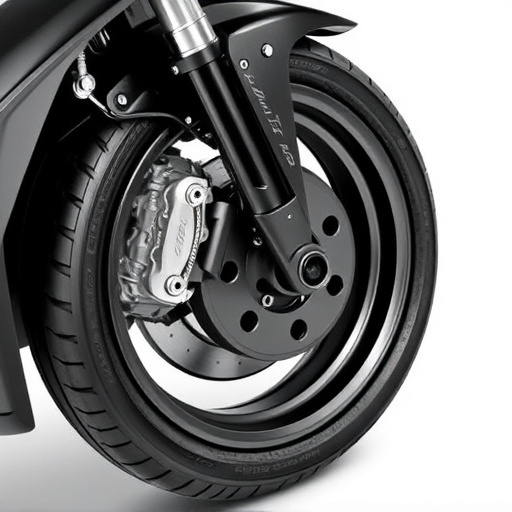
In modern vehicles, achieving optimal engine tuning that strikes a harmonious balance between power and fuel efficiency is an art. This involves a strategic approach to fine-tune various components, ensuring both peak performance and maximum miles per gallon (MPG). One key strategy is optimizing the air intake system. Installing high-flow performance air filters can significantly improve airflow, boosting engine power while also reducing restrictions in the induction system. Additionally, incorporating cold air intakes can further enhance this effect by drawing cooler air from outside the engine compartment, improving combustion efficiency.
Furthermore, modifying the exhaust system with a cat back exhaust can play a crucial role. These upgrades not only enhance the sound and visual appeal but also improve engine performance by reducing backpressure. However, it’s essential to balance these modifications carefully; while they contribute to better power output, excessive changes could lead to decreased fuel efficiency or even potential emissions issues. Therefore, fine-tuning these components requires a meticulous approach guided by professional expertise and an understanding of the vehicle’s specific requirements.
Engine tuning is a delicate balance, and optimizing it for both power and fuel efficiency requires a strategic approach. By understanding the impact of various adjustments, modern vehicle owners can make informed decisions to enhance performance without compromising MPG. The strategies outlined in this article provide a roadmap for achieving that elusive equilibrium, ensuring folks can enjoy a powerful, efficient driving experience.




